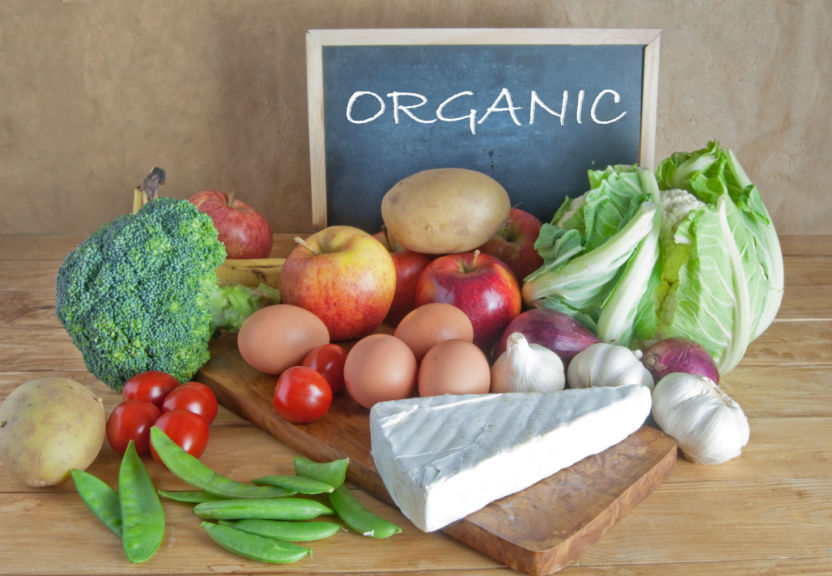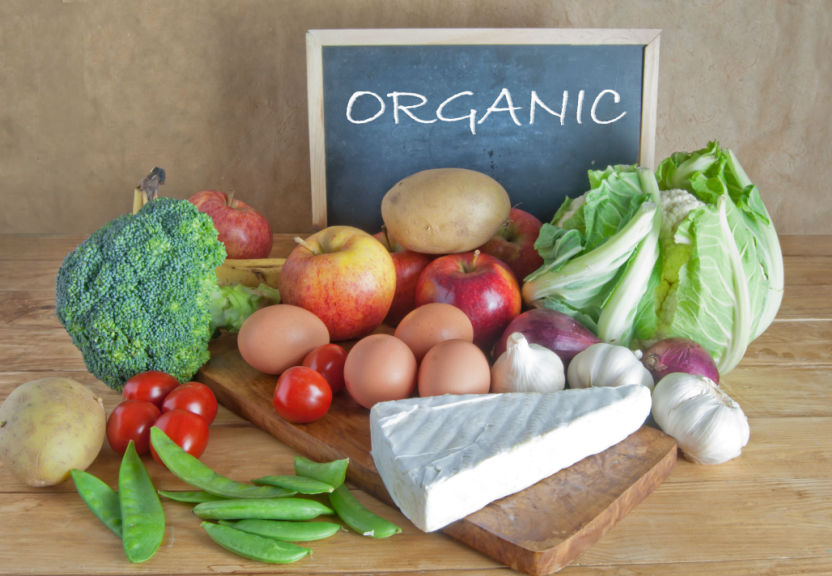Organic Foods: A Clinical Nutritionist’s Perspective
Many clinical nutritionists often recommend organic foods to my clients as they are free from harmful chemicals and pesticides, which can have a negative impact on our overall health and wellbeing. In addition, organic foods are often fresher and more nutritious than non-organic alternatives, providing essential vitamins, minerals, and antioxidants that can support the body’s natural healing processes.
One of the main benefits of organic foods is that they are free from harmful chemicals and pesticides. This can be especially important for individuals who have a sensitivity or allergy to these types of substances, as well as for those who suffer from chronic health conditions such as autoimmune disorders and cancer. Organic foods are also often fresher and more nutritious than non-organic alternatives, providing essential vitamins, minerals, and antioxidants that can support the body’s natural healing processes.
Another advantage of organic foods is that they are often produced in a more sustainable and environmentally-friendly way. For example, many organic farmers use natural farming methods and avoid the use of synthetic fertilizers and pesticides. This not only helps to protect the environment but also helps to preserve the integrity of the soil, which is essential for growing healthy and nutritious foods.
For individuals with specific dietary needs, such as vegetarians and vegans, organic foods can be an excellent choice. Many organic products are free from animal-derived ingredients and are produced without the use of animal testing, making it easier for vegetarians and vegans to find food that meets their dietary needs.
Additionally, for individuals who follow specific dietary patterns such as the paleo diet, organic foods can be a great choice as there are many organic options that are free from grains, gluten, and other ingredients that are not part of the paleo diet.




It is apparent that organic foods are a valuable addition to any diet, providing essential nutrients while minimizing exposure to harmful chemicals and pesticides. It is recommended to incorporate organic foods into your diet to support optimal health and wellbeing. It’s important to research and find the best options for your individual needs and preferences, with the increasing demand for organic products, more options are becoming available making it easier to find organic groceries that fit your dietary goals.
The articles and information within this website are my sole opinion and derived from my sole experience. They are meant for general information purposes only and is not meant to substitute professional dietary and/or health advice or treatment. If you have or suspect you may have allergies or medical issues which may be affected by certain foods, or have or suspect you may have any illness and/or disease and/or chronic ailment and/or other, you should promptly contact your health care provider. Any statements regarding diets and/or nutrition and/or health are to be used at your discretion and are not intended to diagnose, treat, cure or prevent any disease.























